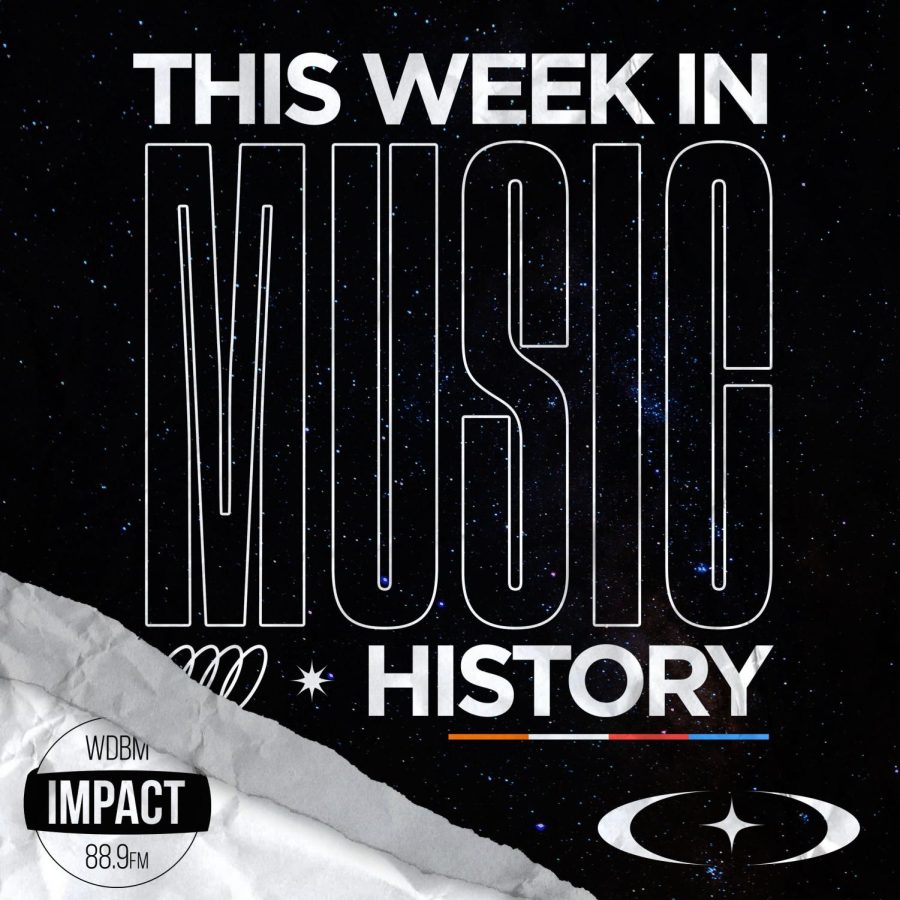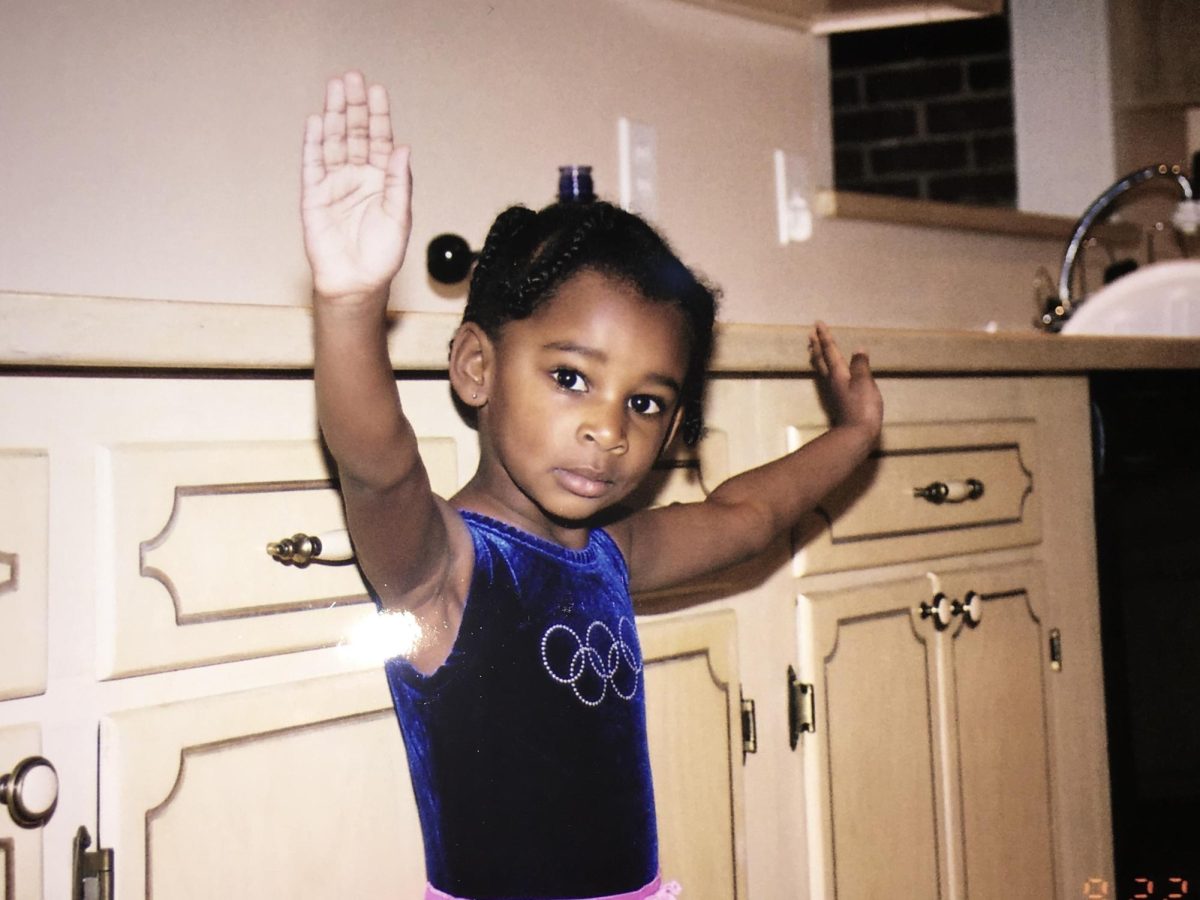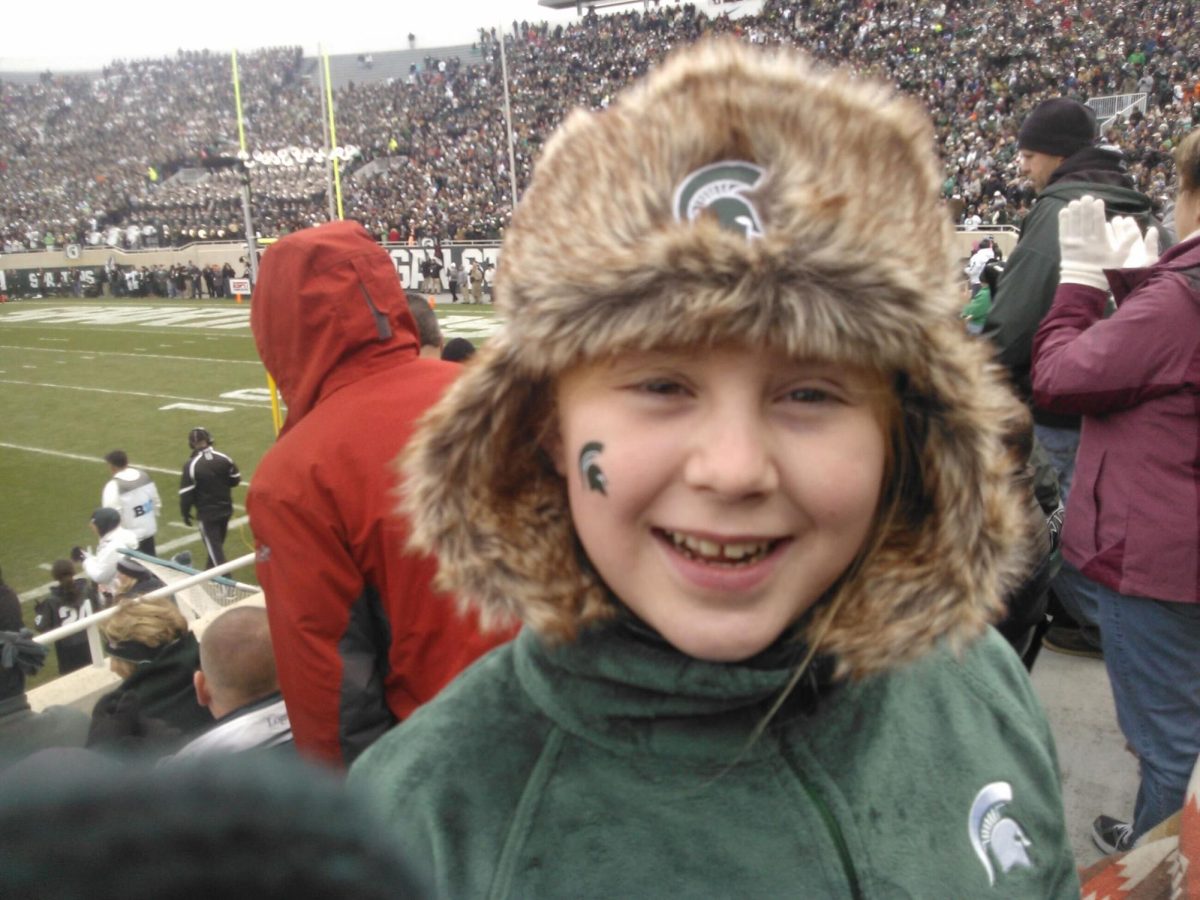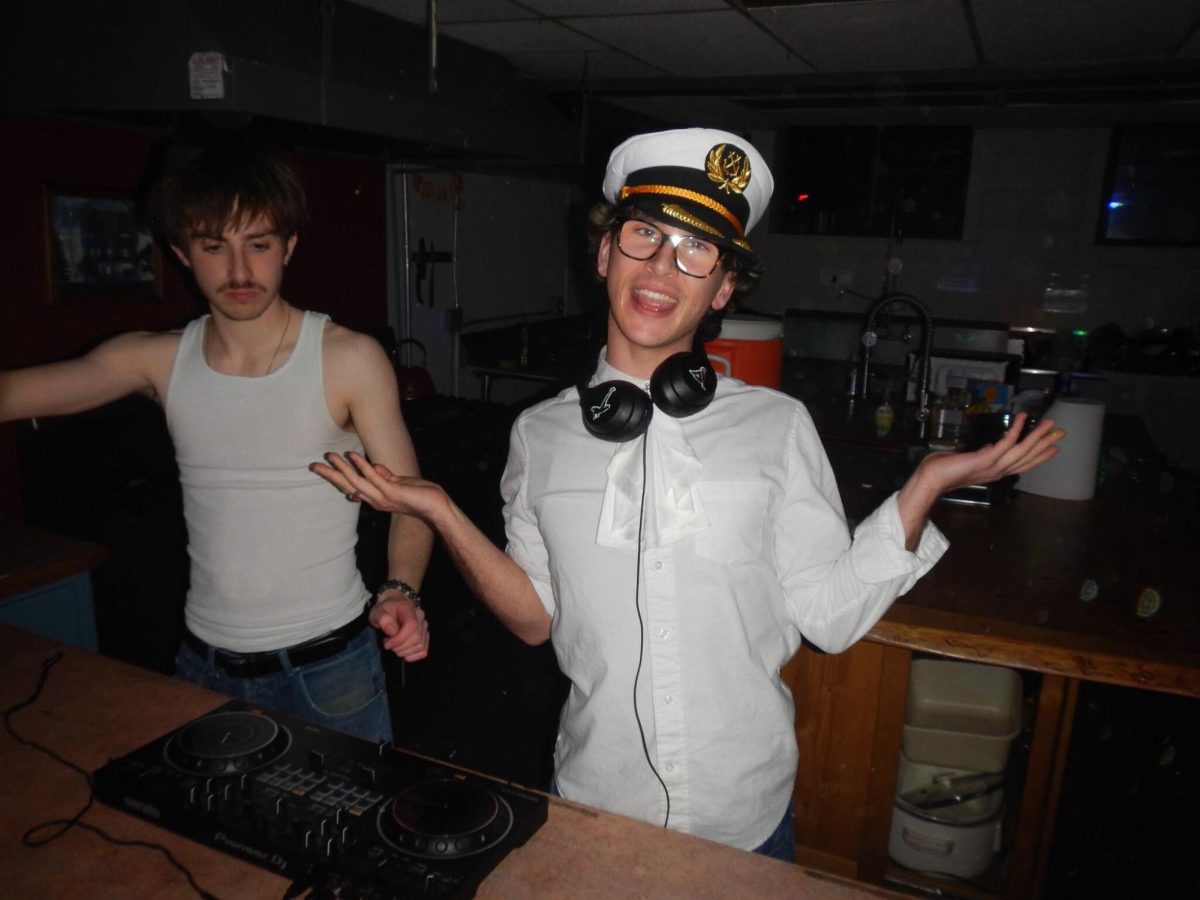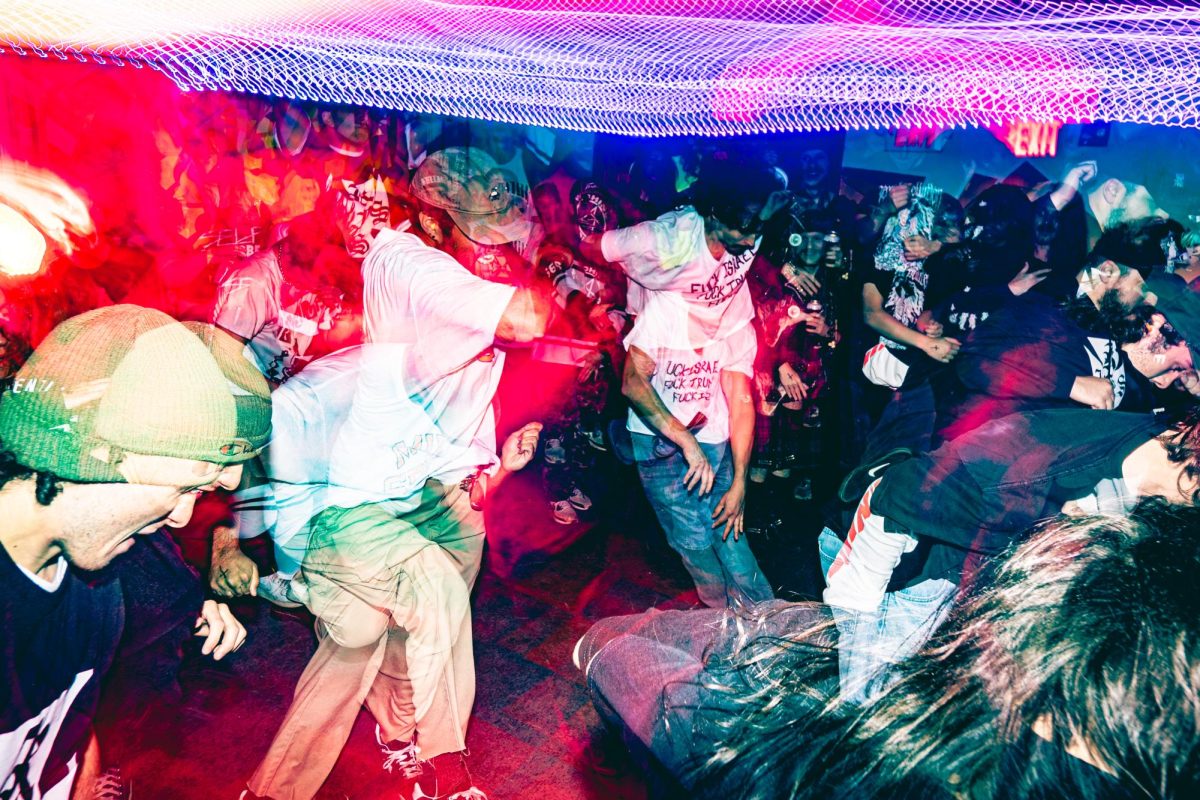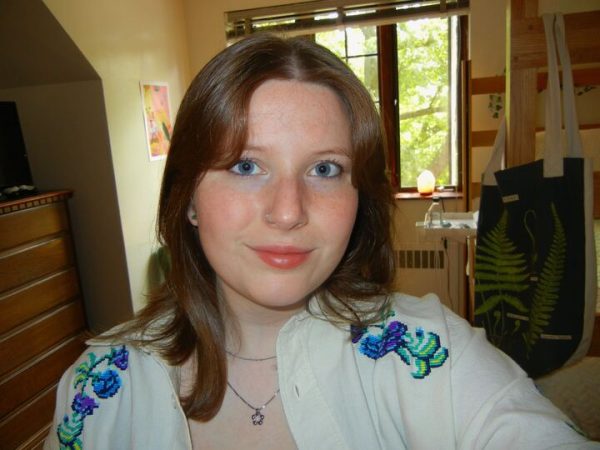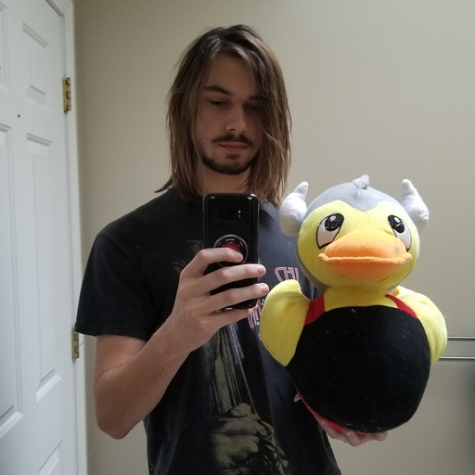The last words of composer Johannes Brahms came after he took a sip of wine. Those words, which were something like “Ah, that tastes good,” came on April 3, 1897.
Brahms is one of the most well-known and well-respected composers of the 19th century, and it is good to remember that the story of music does not start somewhere in the 1900s, but long, long before Brahms even took that last sip of wine. So, when we discuss music history, we must understand the flaws in our routine examination of it.
We don’t have original recordings from most of human history — as the first recordings came about in the mid-1800s — and it is good to have a simple reminder that music before the age of records was as rich and interesting as it is now.
Brahms blended practices of the Romantic and Classical eras, and his compositions continue to be seen as some of the most skilled work to come from either. He balanced the complex and the simple with great care, and though his music was more traditional than the likes of some contemporaries, he remains one of the most well-regarded composers of all time. Rest in peace to one of the greatest.
– Mike Merucci
On April 5, 1994, about 30 years ago, Kurt Cobain died by suicide in his Seattle, Washington home. Cobain, the lead singer and guitarist of Nirvana, had entered into a life of fame and stardom — a life he was conflicted about living.
Nirvana saw their first mainstream success with their second album, Nevermind, released in 1991. From there, the band was pushed into the spotlight, being credited with bringing grunge and the “Seattle sound” to the mainstream. Their success led to the creation of a massive fanbase and a collective view of Cobain as a symbol of “counterculture,” with Pitchfork referring to Cobain as the “world’s most famous outcast.” Nirvana’s style, music and attitude heavily contributed to the cultural zeitgeist of the decade, and with the release of In Utero two years after Nevermind, Nirvana was on track to stay in that influential position.
Would you want to be famous? This seems like an easy question with a simple answer, but each answer has its caveats. You can debate the pros and cons and land on an answer, but you might switch back and forth between yes and no as you make new discoveries. This constant debate was something Cobain struggled with heavily. According to multiple interviews with people close to Cobain, he was constantly changing his opinions about the popularity of Nirvana and himself. Nirvana bassist Krist Novoselic spoke about Cobain’s changing opinions in a February 2023 interview, stating that Cobain “was counterculture” but at the same time “wanted to be really famous.” He went on to say that Cobain was “like a windmill” in the sense that he would state his opinion then change it just a few moments after.
Given how quickly Nirvana saw fame, it makes sense that Cobain felt scared and left in the dark when it came to dealing with this new lifestyle. At times, the fame felt like too much to handle. Throughout his life, Cobain struggled with depression but turned to drugs, mainly heroin, and alcohol to deal with it. This method of coping with his depression, along with the pressures of fame, only grew worse in the months leading up to his death.
Most people note his stay in Italy, which occurred about a month before his suicide, as the starting point of his descent. In Italy, while on tour, Cobain created a deathly concoction of champagne and Rohypnol, which led to an overdose. Cobain survived this attempt but was sent home to Seattle with his wife, Courtney Love, and his daughter, Frances Bean, forcing Nirvana to cancel their Europe tour. Soon after, the police were called to Cobain’s Seattle home, where police confiscated all of his guns after he threatened to take his life again.
Because of concerns about Cobain’s heroin use and mental state, Love and his friends convinced him to check into a rehabilitation center in Marina Del Ray, California. Cobain only spent two days at the center before escaping. He booked a flight from Los Angeles to Seattle and returned on April 2. In this timespan, Cobain had convinced a friend to buy him a shotgun for “protection matters.”
April 5, 1994, was the day Cobain decided to take his own life. He returned to his Seattle home, wrote his suicide note, took a fatal amount of heroin and Valium and shot himself with his shotgun. His body was discovered three days later when an electrician arrived to install a security system. In his note, Cobain wrote about his dying passion for what he once loved, how he felt about his life regarding fame and who he had become. Near the end of his letter, he wrote “I don’t have the passion anymore, and so remember, it’s better to burn out than to fade away.”
Cobain’s death was a tragedy, leaving the world and his fans sad, angry and upset. These emotions led to the creation of conspiracy theories involving his death. The most famous of these theories is that he was murdered by his wife. Some of the main “evidence” backing this theory includes the change in handwriting at the end of his suicide note and the fact that the private investigator hired by Love believes that his death was a murder. Though this theory is a popular one, there is no concrete evidence proving it is true.
– Brooke Racine
On April 7, 2008, the legend of Bob Dylan only grew. And it did so after Dylan received an honorary Pulitzer prize for his “profound impact on popular music and American culture.” This was the first time Pulitzer judges recognized an artist from the rebellious sphere of rock ‘n’ roll, a genre formerly discarded by those judges for reasons no common American could have given a damn about.
Dylan’s music, which needs little introduction, surged through the cultural veins of the late-20th century, and its poetic air continues to oxygenate the blood of the ‘60s, ‘70s and ‘80s. If you watch a documentary focusing on those years in the U.S.A., you are bound to hear a Dylan track or three. Dylan is one of few Americans I’d consider a cultural titan, and it was about time the Pulitzer committee recognized him for that.
– Mike Merucci



